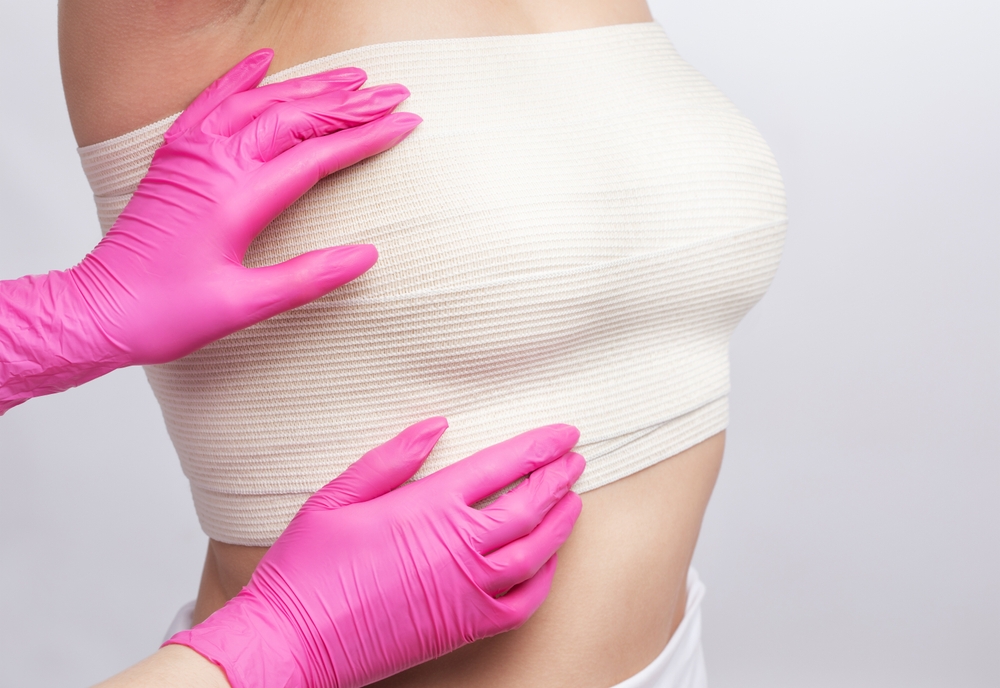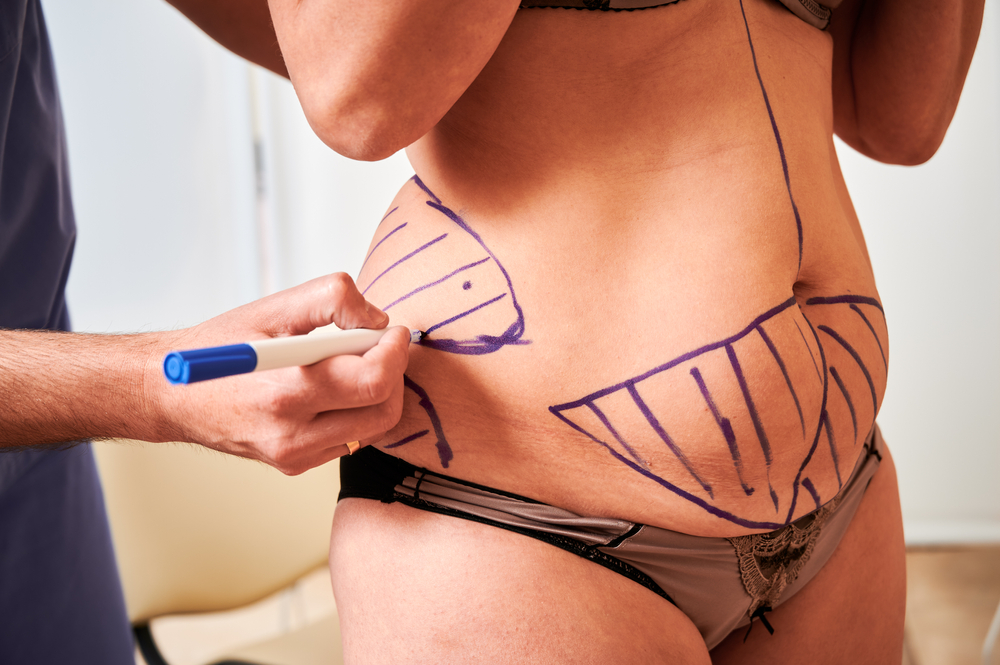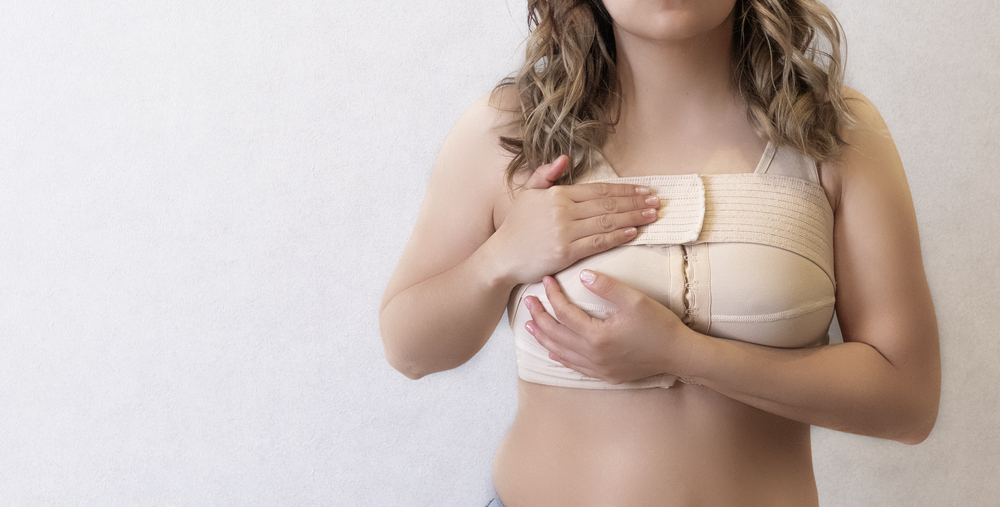Breast implant surgery is a significant medical procedure, and proper breast implant aftercare is essential to ensure a smooth recovery and optimal results. Whether you’re recovering from breast augmentation or reconstruction, understanding what you should and shouldn’t do during the recovery process is critical.
In this guide provides, we’ll explore what you should and shouldn’t do after breast augmentation surgery.
Table of Contents
ToggleWhat You Should Do After Breast Augmentation Surgery
1. Follow Your Surgeon’s Instructions:
Your surgeon will provide specific aftercare instructions tailored to your procedure. These instructions may include guidelines on medication, activity levels, and wound care. It’s crucial to adhere to these recommendations to avoid complications.
2. Manage Pain and Discomfort:
Most women are going to experience some pain, swelling, and discomfort after surgery; that’s normal. Over-the-counter pain relievers, as recommended by your doctor, can help manage this. Applying cold compresses can also reduce swelling. However, always consult your surgeon before using any method to manage pain.
3. Keep the Surgical Area Clean and Dry:
Out of everything listed in this guide, one of the most important is maintaining your hygiene to prevent infections. Follow your surgeon’s guidelines on how to clean the incision site. Typically, you should gently wash the area with mild soap and water, pat it dry, and avoid submerging it in water until fully healed.
4. Wear the Support Garment:
After surgery, your plastic surgeon will likely provide a support bra or bandage to help support your breasts during the healing process. This garment helps minimize swelling, keeps the implants in place, and promotes proper healing. Wear it as instructed, usually 24/7 for the first few weeks.
5. Monitor for Signs of Infection:
It’s important to watch for any signs of infection, such as increased redness, swelling, warmth, or discharge at the incision site. If you experience a fever or notice any of these symptoms, contact your healthcare provider immediately.
6. Rest and Avoid Strenuous Activities:
Allow your body time to heal by getting plenty of rest. Avoid strenuous activities, heavy lifting, and exercises that could strain your chest muscles for at least six weeks or as advised by your surgeon. Gradually ease back into your routine as you recover.
7. Keep Follow-Up Appointments:
Regular follow-up appointments with your surgeon are essential to ensure your recovery is on track. These visits allow your surgeon to monitor healing, address any concerns, and provide further instructions.
What You Shouldn’t Do After Breast Augmentation Surgery
1. Don’t Smoke or Use Nicotine Products:
Smoking can significantly hinder the healing process by restricting blood flow and increasing the risk of complications. It’s advisable to avoid smoking and using nicotine products for at least six weeks before and after surgery.
2. Don’t Skip Medications:
Even if you start feeling better, it’s important to complete your prescribed course of antibiotics and pain medications. Skipping doses can increase the risk of infection or lead to inadequate pain management.
3. Don’t Ignore Unusual Symptoms:
If you experience unusual symptoms such as severe pain, sudden swelling, or changes in the appearance of your breasts, don’t ignore them. These could be signs of complications, such as implant displacement or capsular contracture, and should be evaluated by your surgeon immediately.
4. Don’t Expose Incisions to Sunlight:
Direct sunlight can cause scarring to worsen and darken the incision site. Avoid exposing your scars to the sun for at least a year after surgery, and always use sunscreen when you do go outside.
5. Don’t Wear Underwire Bras:
While underwire bras offer support, they can put pressure on your incisions and affect healing. Avoid wearing underwire bras until your surgeon gives you the go-ahead, usually after several weeks.
6. Don’t Rush the Recovery Process:
Healing takes time, and it’s essential to be patient with your body. Rushing the recovery process can lead to setbacks or complications. Allow your body the time it needs to fully recover before returning to your regular activities.
7. Don’t Sleep on Your Stomach or Side:
Sleeping on your back helps reduce pressure on your breasts and supports proper healing. Avoid sleeping on your stomach or side for the first few weeks, as this can affect the position of your implants and cause discomfort.
Final Thoughts
Breast implant aftercare is a crucial aspect of the recovery process. By following these dos and don’ts, you can help ensure a smooth recovery, minimize the risk of complications, and achieve the best possible outcome from your surgery. Always consult with your healthcare provider if you have any questions or concerns during your recovery journey.
Providence Plastic Surgery & Skin Center is your trusted source for plastic surgery in Charlotte, N.C., and surrounding areas. You can reach our office during business hours by calling 704-771-1747.










